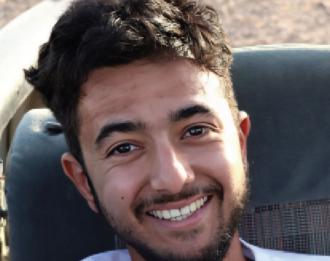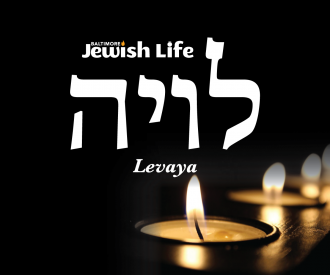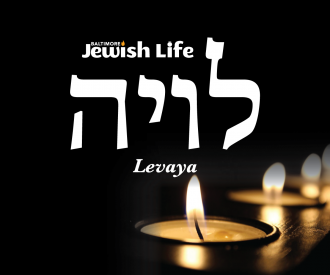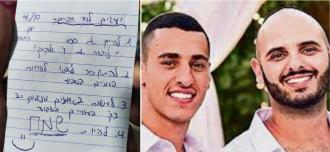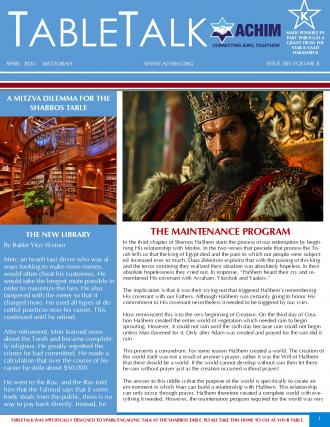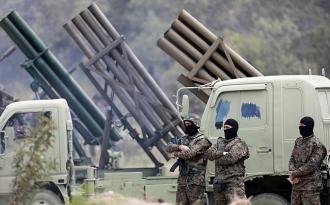Jerusalem -Thousands of Israelis protested Tuesday against alleged police brutality toward Ethiopian Israelis across the country after police shot dead an Ethiopian Israeli teen.
Demonstrators blocked highways around the country, including a major thoroughfare through central Tel Aviv and the main highway into Jerusalem, snarling traffic late into the night. Protesters burned tires and held signs calling for justice. In Tel Aviv, a protester set a car on fire and demonstrators clashed with police.
Police said officers arrested 60 people believed involved in disturbances and at least 47 officers were wounded in clashes with protesters.
The protesters, led by activists from the country’s Ethiopian minority, demonstrated against perceived systematic discrimination by police toward the community after an off-duty officer shot and killed Solomon Teka, an 18-year-old Ethiopian Israeli, in a Haifa suburb on Sunday.
Israeli Prime Minister Benjamin Netanyahu issued a statement expressing sympathy for the Ethiopian community and acknowledging that “there are problems that need to be solved,” but warning demonstrators that the authorities “will not tolerate the blocking of roads.”
Thousands attended Teka’s funeral Tuesday. Police said the officer was arrested and was placed in protective custody by court order.
Ethiopian Israeli lawmakers and protesters, and Teka’s family have demanded that the involved officer be held accountable.
“I hope that he will be the last victim,” David Teka, Solomon’s father, said at the funeral. “We demand that the murderer receive what he deserves and justice is done.”
Ethiopian Jews began arriving in large numbers in the 1970s and many were airlifted to Israel in clandestine operations in the 1980s and ‘90s during periods of unrest. Today, the Ethiopian community is estimated at approximately 150,000, or around 2 percent of the country’s population, according to the Central Bureau of Statistics.
While some of its members have made strides in certain fields, many Ethiopian Israelis complain of racism, lack of opportunity, endemic poverty and routine police harassment.
That frustration turned to public outcry and mass protests in 2015 after a police officer was filmed beating a uniformed Ethiopian Israeli soldier, and there have been sporadic demonstrations since.
Protesters say that in multiple instances of perceived police brutality, officers were not properly held accountable.
“What you see here is the frustration of an entire community that for 40 years is suffering discrimination,” a protester who identified himself only as Hanan told Kan, Israel’s public television.

